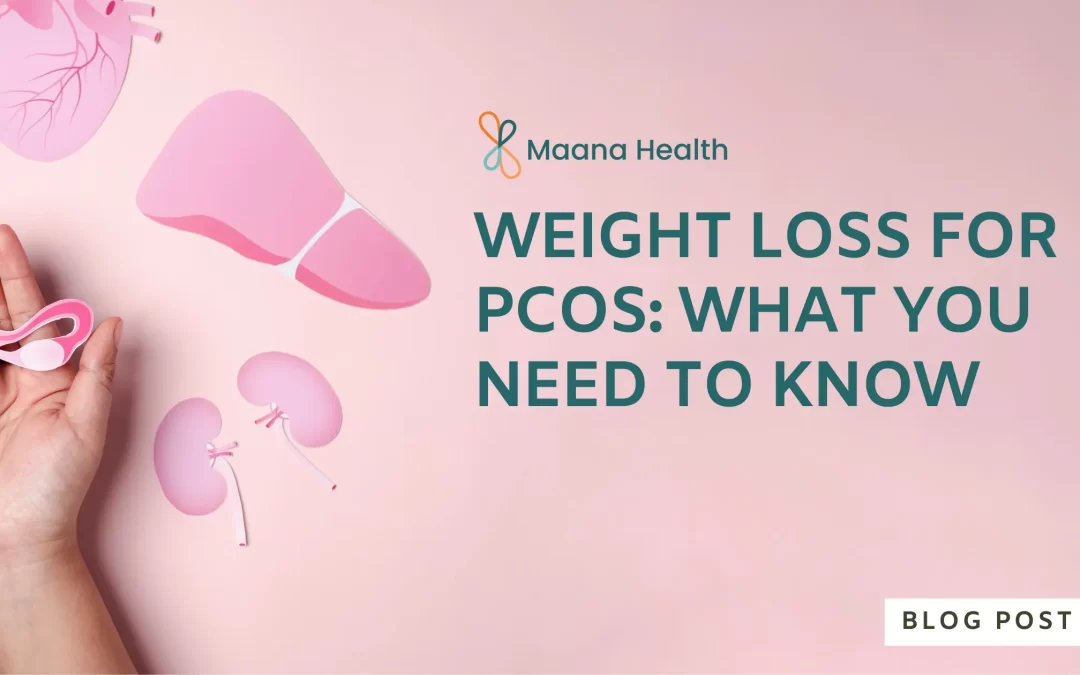Polycystic Ovary Syndrome (PCOS) is a common hormonal disorder that affects women of reproductive age. One of the most challenging symptoms of PCOS is weight gain and difficulty losing weight. In this blog post, we will explore the importance of weight loss in managing PCOS and provide valuable information on medications and treatments that can help in achieving successful weight loss.
The Link Between PCOS and Weight Gain: Understanding the Connection
PCOS is often associated with weight gain due to hormonal imbalances that affect metabolism and insulin resistance. Women with PCOS may have difficulty losing weight, which can exacerbate symptoms and increase the risk of other health complications. Understanding the connection between PCOS and weight gain is crucial in developing an effective weight loss plan.
Weight Loss Medications for PCOS: What You Need to Know
Some of the pros of weight loss medications for PCOS include:
- Improved hormone regulation: Weight loss medications can help regulate hormones such as insulin and androgens, which are often imbalanced in women with PCOS.
- Increased insulin sensitivity: Medications can improve insulin sensitivity, which can help reduce insulin resistance and lower blood sugar levels.
- Promotes weight loss: Weight loss medications can help women with PCOS achieve their weight loss goals, which can in turn improve symptoms and overall health.
However, there are also some cons to consider when taking weight loss medications for PCOS:
- Potential side effects: Weight loss medications can have side effects such as nausea, diarrhea, and headaches. It is important to discuss potential side effects with a healthcare provider before starting any medication.
- Long-term effects: The long-term effects of weight loss medications for PCOS are not well understood, so it is important to monitor for any potential risks or complications.
- Dependency: Some women may become dependent on weight loss medications and struggle to maintain weight loss once they stop taking the medication. It is important to focus on lifestyle changes and healthy habits in addition to medication.
While weight loss medications can be beneficial for some women with PCOS, it is important to recognize that weight loss without medication is often preferred. Lifestyle changes such as adopting a healthy diet, increasing physical activity, managing stress, and getting enough sleep can all contribute to weight loss and improved symptoms of PCOS. These changes can also be more sustainable in the long term compared to relying on medication.
Acceptance-based behavioral therapy, such as the approach developed by Dr. Evan M. Forman and Meghan L Butryn, can be a helpful tool for women with PCOS who are looking to lose weight without medication. This type of therapy focuses on accepting and acknowledging one’s thoughts and feelings without judgment, while also committing to making positive changes in behavior. By addressing the emotional and psychological aspects of weight loss, individuals can develop healthier habits and coping strategies that support long-term success.
Acceptance-based behavioral therapy can help individuals with PCOS build a positive relationship with food, exercise, and their bodies, leading to sustainable weight loss and improved overall well-being. By working with a therapist trained in this approach, women with PCOS can develop the skills and mindset needed to make lasting changes and achieve their weight loss goals without relying on medication.
In conclusion, for women with PCOS/PCOD looking to achieve weight loss goals, a holistic approach that combines lifestyle changes, acceptance-based behavioral therapy, and advanced tools can be highly effective. Programs like the one offered by Maana Health, which integrates Acceptance-Based Behavioral Therapy by Evan M. Forman and other advanced techniques tailored for women with PCOS, can provide the necessary support and guidance for sustainable weight loss and improved overall well-being. By addressing the emotional and psychological aspects of weight management in addition to physical factors, individuals can develop a healthier relationship with food, exercise, and their bodies. This comprehensive approach not only promotes weight loss but also empowers women with PCOS to make lasting lifestyle changes that support their long-term health and wellness goals. With the right support and resources, women with PCOS can achieve their weight loss goals and enhance their quality of life.

